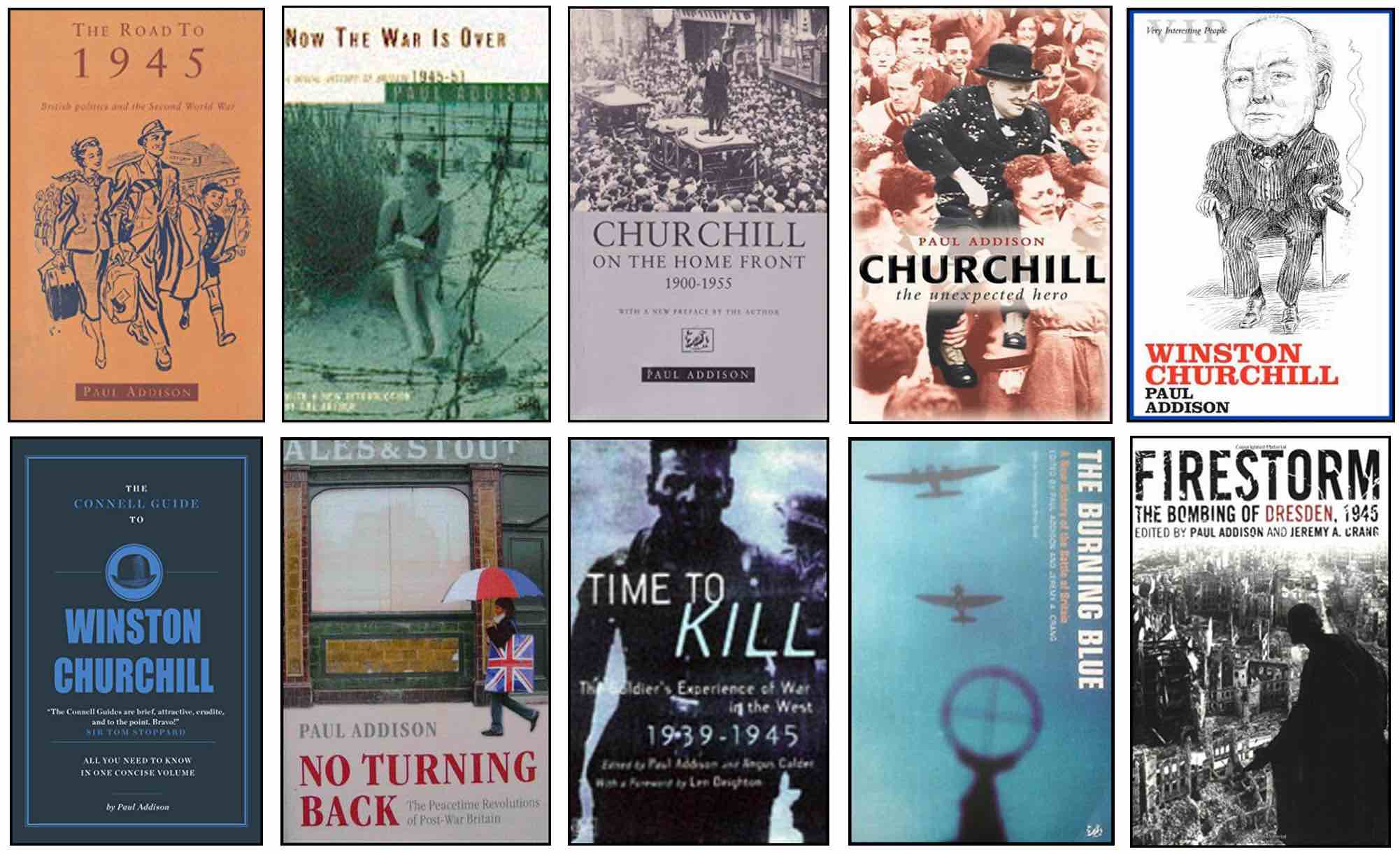


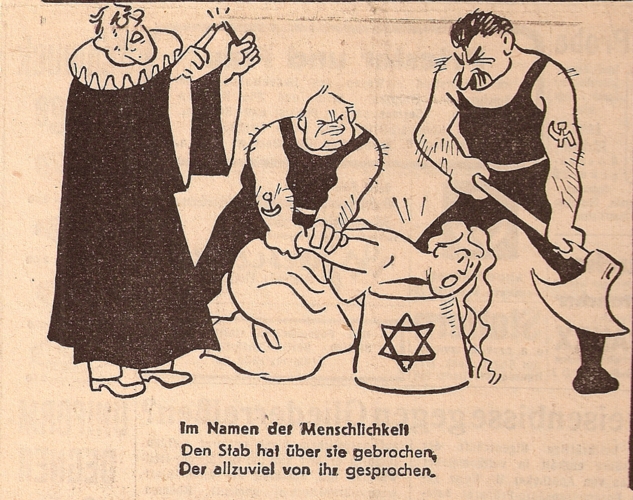
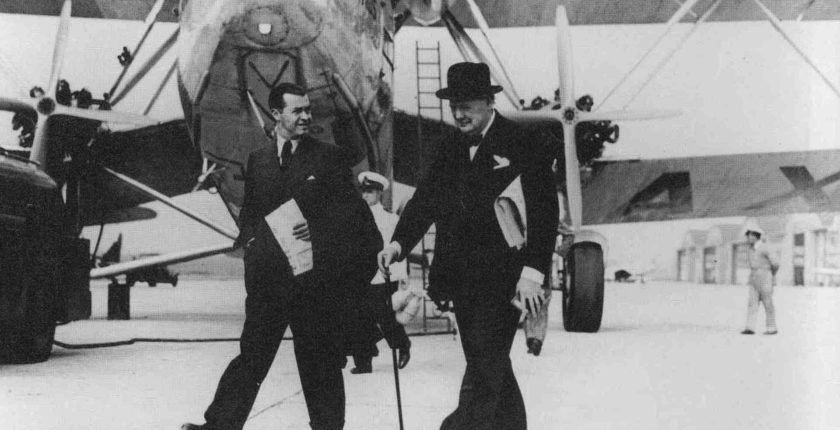
Winston Churchill and Emery Reves: Correspondence, 1937-1964, edited by Sir Martin Gilbert. Austin: University of Texas Press, 1997, 415 pages, Amazon $8.95. This updated review was first published by the Hillsdale College Churchill Project.
Emery Reves, from the ground upAdmirers of Sir Martin Gilbert were pleased and touched to see his chronicle appear, now over twenty years ago. But few expected it would amount to much more than a useful research tool. We were wrong, and quickly realized why Sir Martin and Wendy Reves were so keen to get it published.…
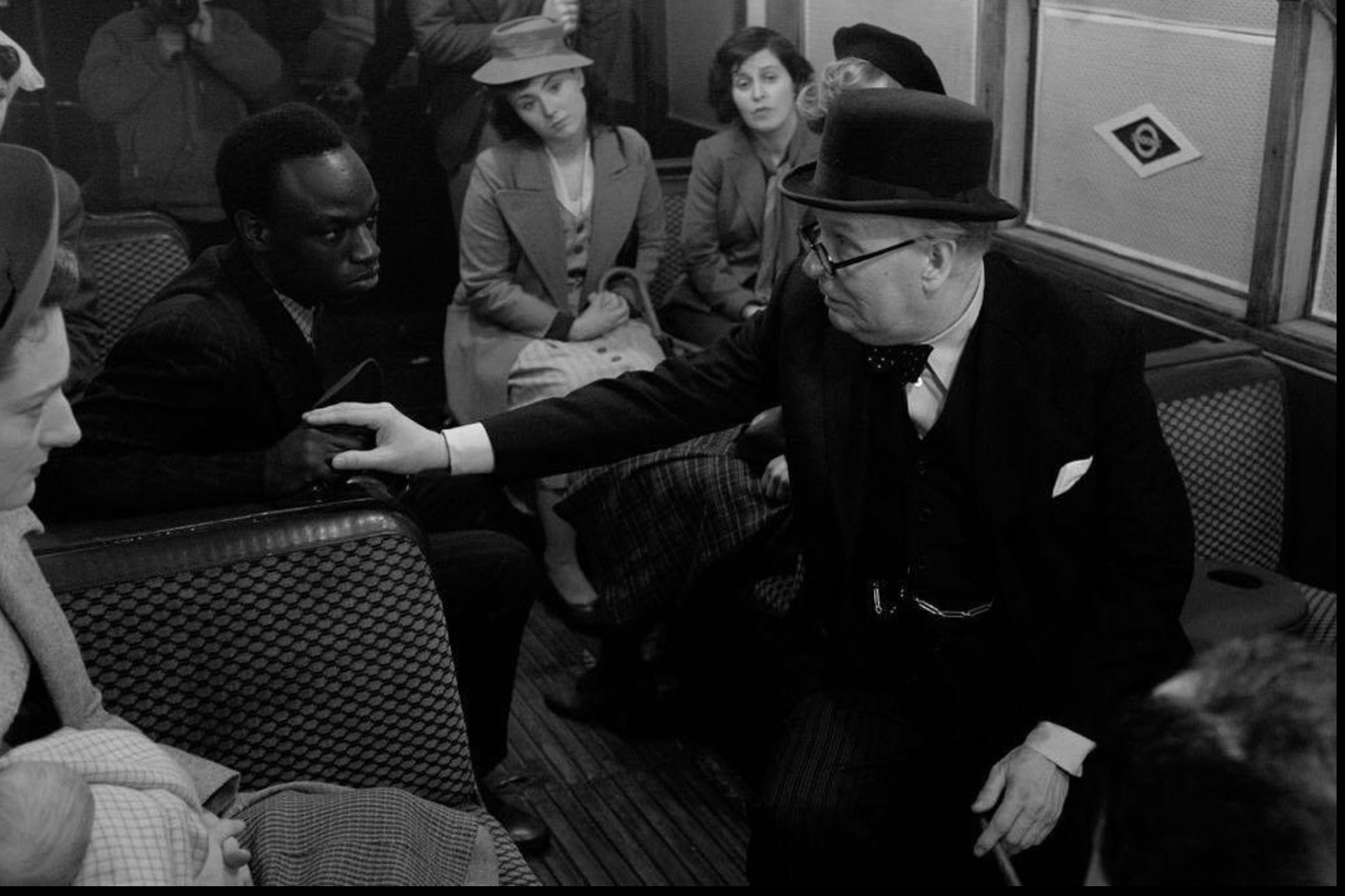
Marcus Peters (Adé Dee Haastrup) is a neatly dressed West Indian riding the London Underground on 28 May 1940. Whom should he meet but Prime Minister Winston Churchill (Gary Oldman)! The scene (fiction) forms a dramatic moment in Darkest Hour, Joe Wright’s great film on Churchill in 1940.
Churchill, per the movie, has entered the Underground for the second time in his life. (The first was in the 1920s, when he couldn’t find his way out and had to be rescued.) He goes there as the Germans are rolling up Europe.…
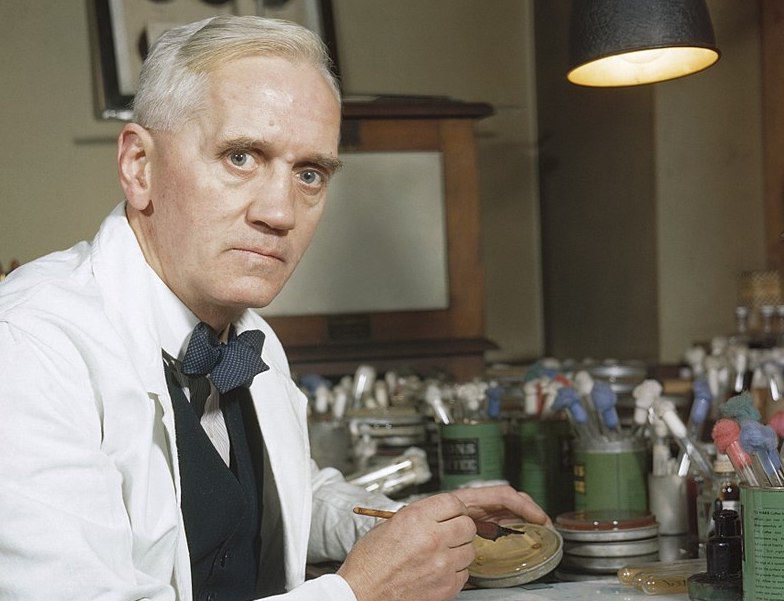
The Fleming myth is updated from an article originally published in 1998.
Is it true that Lord Randolph Churchill financed the education of Alexander Fleming, the discoverer of penicillin, as a result of Fleming (or his father) rescuing Churchill from drowning in a swamp when young Winston was a youth—and a Fleming discovery, penicillin, saved Churchill’s life years later in 1943? A friend of mine has sent me this email regarding it and I wanted to verify . —L.M.
This question comes up regularly, but both parts of the story are untrue. Neither Alexander Fleming nor his father were with Churchill at the times suggested.…
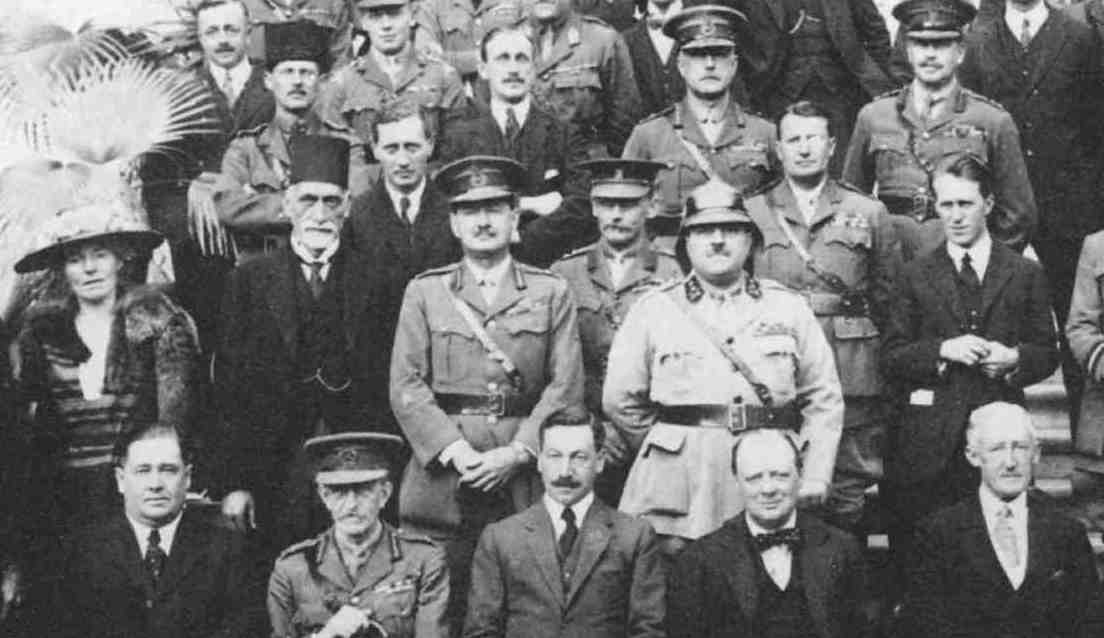
“A Century Ago, the Modern Middle East Was Born,” announced The New York Times in December. A colleague asks: “Are you not struck by how difficult (impossible?) it is to encapsulate history in an op-ed? Is that really how and when the modern Middle East was born?”
Good questions. The Times’s idea is that after World War I, avaricious imperialists moved in to enslave Turkey’s former slaves. This familiar theme will dominate through the centenary of the Cairo Conference in March 2021. It’s been around at least since 2001, when Osama bin Laden referred to 9/11 as payback for what he then called “eighty years of injustice.”…
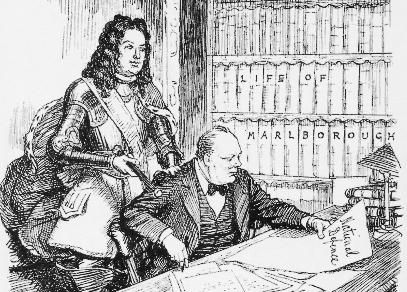
Condensed from “Constant Revision,” an article under my pen name for the Hillsdale College Churchill Project. For the complete text click here.
Revision and redraftWe are asked: “As I recall Churchill labeled his manuscripts something like “draft,” “almost final draft” and “final draft.” Do you recall what those categories were?”
We cannot establish that he routinely used those labels. Instead he tended to use “revise” or “revision.” Frequently his finished draft was marked “final revise.” It often took a long time before, with a sigh of relief, his private office staff reached that point.…
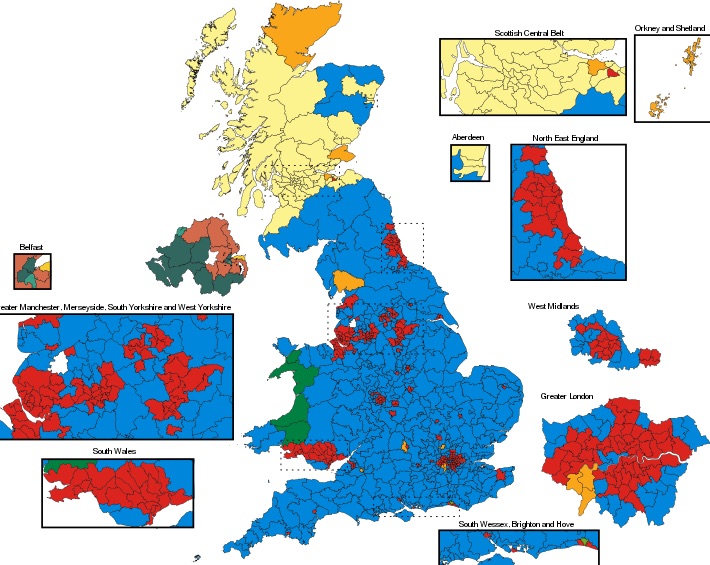
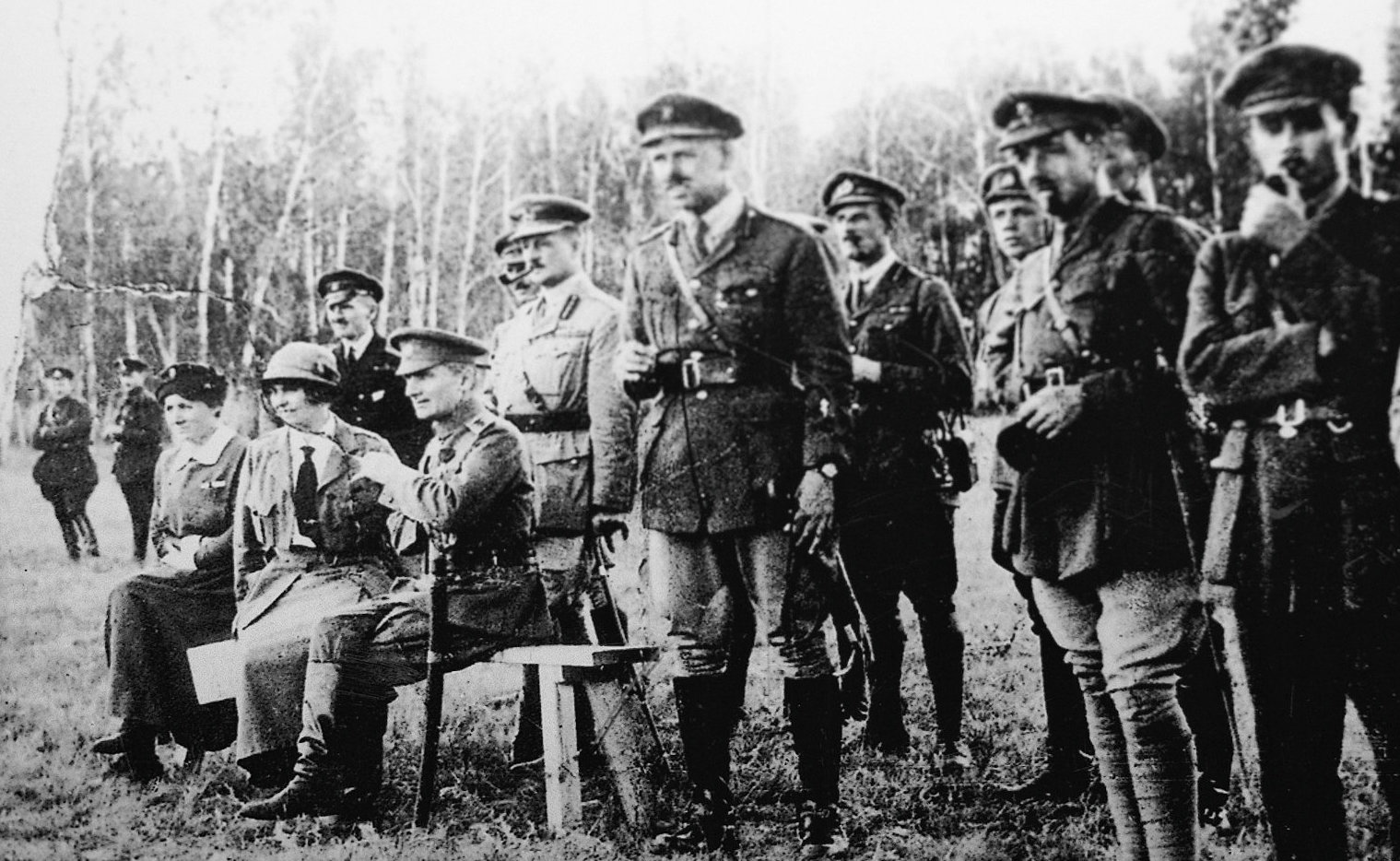
Extracted from “Churchill: A Million Allied Soldiers to Fight for the White Russians?” for the Hillsdale College Churchill Project, November 2019. For the original text click here.
A reader refers us to The Polar Bear Expedition: The Heroes of America’s Forgotten Invasion of Russia 1918-1919 (2019). It repeats a misunderstanding about Churchill’s role in aiding the White Russians against the Bolsheviks. By the spring of 1919 in Russia, we read:
…the cat was out of the bag: whether its allies—English, French, White Russians—liked it nor not, the U.S. was pulling out. On March 4, the British War Cabinet decided to follow suit, ignoring the arguments of the virulently anti-Bolshevik Winston Churchill, who as secretary of war had proposed increasing the Allied commitment in Russia to one million men.…
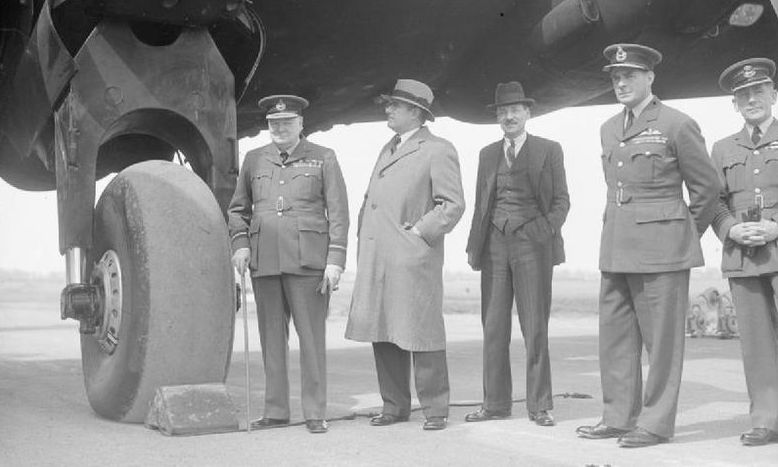
Churchill and Attlee: Allies in War, Adversaries in Peace, by Leo McKinstry. New York: London, Atlantic Books, 736 pages, £25, Amazon $25.66. Excerpted from a book review for the Hillsdale College Churchill Project. For the original text, click here.
The McKinstry EpicLeo McKinstry’s book 738 pages—twice the size of the previous Attlee-Churchill book and is riveting from cover to cover. Scrupulously fair, McKinstry tells the story, backed by a voluminous bibliography, extensive research and private correspondence. Thus he captures Churchill’s generosity of spirit, and Attlee’s greatness of soul.
“Sometimes turbulent, often fruitful, theirs was a relationship unprecedented in the annals of British politics,” McKinstry concludes.…